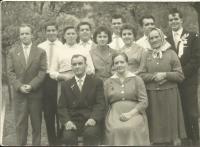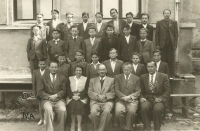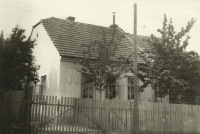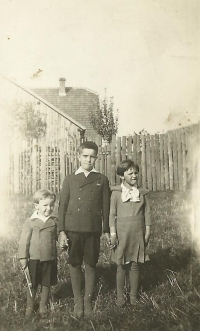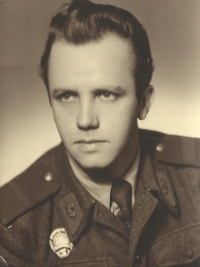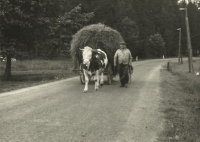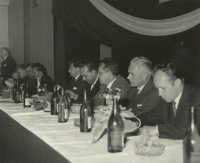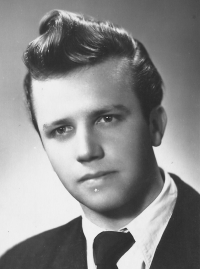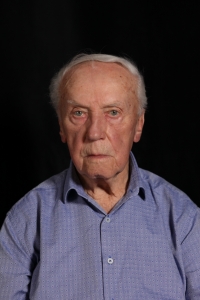I believe in the future generations

Download image
Cyril Žilka was born on 4 February 1933 in the small village of Okrouhlá in the Drahanská Hills. During the Protectorate of Bohemia and Moravia he repeatedly managed to pass on rations to Russian POWs working on the construction of ammunition depots. He also witnessed the end-of-war events in Okrouhlá and the surrounding area. After training at Tylex Letovice, he passed his graduation exam at a secondary school of chemistry and technology in Pardubice and was then employed in the Broumov District as a primary-school teacher of mathematics and physics. He joined the Czechoslovak Youth Union when growing up and later also entered the Communist Party of Czechoslovakia (CPC). In 1955 he started compulsory military service; after boot camp he was assigned to the Border Guards. After his discharge he worked briefly in a chemical laboratory at a power plant before being offered a job at the secretariat of the Regional Committee of the CPC, in the department of national economy. He married in 1958, and he and his wife Květoslava had two sons. In the 1960s he befriended several prominent reform Communists and was later expelled from the CPC for his stance on the 1968 occupation; he was also demoted to the rank of Private and was unable to find a job for half a year. During the normalisation he was repeatedly denied career promotion and a better pay at Fotochema, where he was employed until his retirement in 1993. In the 1970s he was informed on by one of his closest colleagues, and State Security kept a dossier on him with the code name CÉVA. He was partially rehabilitated after the Velvet Revolution, and after the death of his wife, he now lives alone in Hradec Králové.
